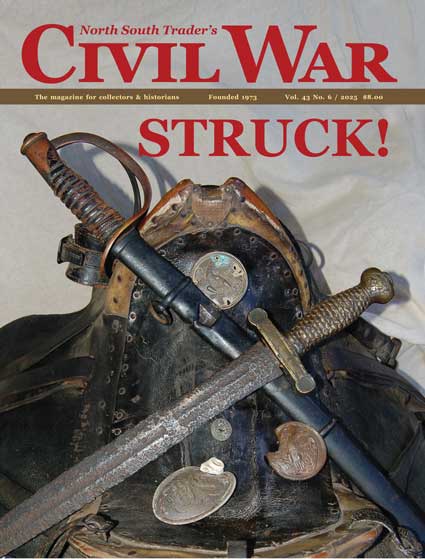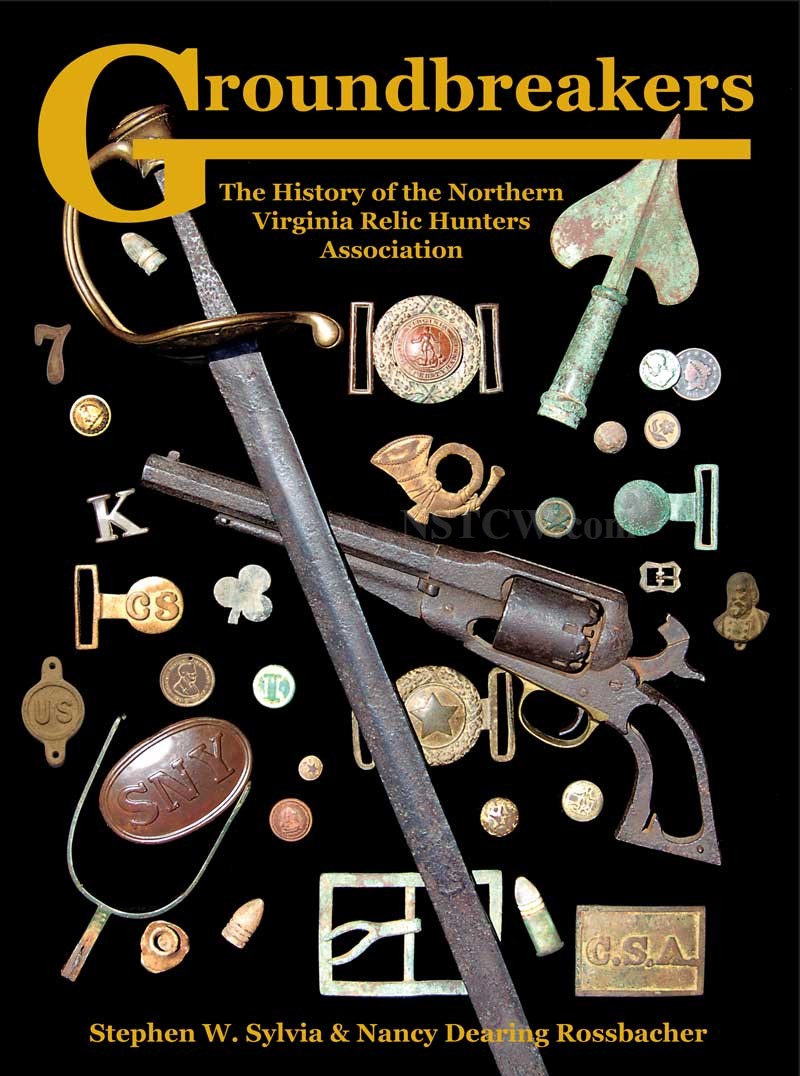|
Publisher's Forum Issue: 38-1 |
|
Shared beliefs and ongoing learning An enlightened friend of mine recently posted a published article on his Facebook page. The subject of the article dealt with the superiority of science over spirituality and religion, evolution over creationism, and the dangers of teaching old-fashioned nonsense in the schools. Other Facebook friends who supported this advanced modern thinking quickly endorsed the article and began ridiculing anyone who disagreed with its "enlightened" viewpoint. The basic tenets of their stance posit that science is observable and hence real, while spirituality and religion are not observable and hence not real. To an extent I understand that viewpoint --- I once dated a girl who was running around on me but since I didn't see it, it wasn't real. But in all seriousness: If one adheres strictly to such logic, its limitations are readily apparent. We cannot see thoughts, emotions, or oxygen, yet no one argues against their existence. I responded to the post, saying that belief in a higher power, a hereafter, eternal rewards and punishments, and what they referred to as "religious mumbo-jumbo" served a vital purpose to a society's continuity. Even if you don't believe in God or the traditions of an organized religion, it doesn't take much enlightenment to see that a standard code of behavior and morals can bind a society together and help perpetuate its healthy and civilized growth. Would we have been able to sustain the sacrifices and risks of the Revolution if it weren't for our forefather's commonly held Christian beliefs and Christian-oriented cultural traditions? Would we have been able to recover from a horrific civil war if we hadn't held to a time-honored code of morals and ethical behavior? Can any society persist without a strong moral compass? I seriously doubt it. Among rising American subcultures there are ready examples of lawlessness and erratic, violent behavior as a consequence of moral ambiguity and rejection of established standards of behavior and respect. Judging by these entities, our glue is drying up. Civilizations have long been founded on a common spiritual core of some sort. It is an essential element in the formation and perpetuation of a society. Of course, that belief can go the wrong way too, as history bears out. Fortunately, truly evil empires seldom last very long. I don't fault people for their beliefs, no matter how diverse. I hope others don't fault me for mine. We are all different. We've all had different circumstances that molded our beliefs, prejudices, and opinions. We are the result of our environment, our education, and our experiences. What we see, hear, read, learn, and interpret shape our world view and our belief system. In the course of that, some people permantly lose faith in God, mankind, and even themselves based on a negative combination of those elements. This lack of an external spiritual tether can also result from such good fortune that the individual deifies himself, feeling no need to recognize anything or anyone else as having had a hand in it. Others develop unshakeable faith for the same reasons of good fortune and positive circumstances --- or sometimes, based on having survived horrible events. In some cases, there is an ever-evolving belief system as the person continues to study and observe, and their opinions shift as their knowledge and experience broaden. I once had an employee who proudly announced that she hadn't read a book since high school. I found this appalling, saddening and unfathomable. It was difficult for me to wrap my head around what she had missed out on. Then I wondered, with horror, how many people shared her belief that learning ends with a high school diploma? What a loss to themselves --- and to society. As collectors we are part of the group of humans who have a thirst for knowledge and a fascination for learning. Even though the area of study may be narrow of focus, I have found collectors as a group to be strongly learning oriented. It matters not whether the collector is of modest education and intelligence or a multi-degreed Rhodes scholar, their efforts to learn more about their area of interest are passionate and ongoing. Most people have hobbies, but not that many hobbies compel a person to spend hundreds of dollars every year buying reference books that may seem like gibberish to the non-collecting hobbyist. I can't imagine a middle-aged golf fanatic, sports fan, or motorhead understanding how to interpret the Civil War Collector's Price Guide or finding Mason and McKee's bullet book remotely interesting. But we do. Of course I'm sure that other hobbyists' fields have manuals that would be every bit as impenetrable and uninteresting to us. In the militaria collecting arena, a common thirst for knowledge and understanding binds us together. We might not all grasp the finer details of heavy artillery shells nor understand the intricacies of weave, warp, and weft, nor comprehend the significance of a pinhole in a piece of currency, but we understand implicitly how someone can be mesmerized by such details. In that, we are bound together like family. Shared traditional codes of behavior and beliefs can have the same effect. I don't believe that those without respect for or even an understanding of traditional morals can grasp the character of those ancestors we so admire and commemorate. Without an understanding of the experiences and belief systems that informed their decisions, how can we hope to understand the course of history itelf? With such glue gradually evaporating from our society, how long can Americans' interest in the nation's past and its history-changing individuals—good and bad --- be sustained? I am already seeing the awe in which my generation held the likes of George Washington, Thomas Jefferson, and Davy Crockett diminishing in the eyes of today's politically indoctrinated youth. The sum of what much of today's youth know about George Washington is that he chopped down a tree and had false teeth, while Jefferson had slaves, and Crockett --- who was Crockett again? It says much that Rolling Stone, in its infinite wisdom and complete lack of historical awareness, saw fit to not only have a naked body used as the canvas for our nation's Constitution, but to have John Hancock signing it. I'm surprised they didn't have a shot of Benjamin Franklin being sworn in as president. One hopes the art directors were paid in currency that bears the face of Franklin Pierce. I have been invited to serve on Gen. Robert E. Lee's staff at the upcoming 150th Sesquicentennial commemoration of the Wilderness and Spotsylvania campaigns. We will be part of the living history portion of the event on May 2-4. Thousands of school children have registered for education day prior to the battles on the weekend. Lee and his staff, along with various authors and historians, have been asked to offer talks and vignettes to inform and educate the kids. We will have an opportunity to inform these young boys and girls about our nation's past and introduce the virtues and codes that inspired the sacrifices made by so many. I hope we can, perhaps, make a small difference, one that will spur in a child an ongoing thirst for knowledge --- one that will ensure that reading and learning will not end with a high school diploma. --- Pub. |
| Past Publisher's Forums click an issue number to view |
| 43-6 |
| 43-5 |
| 43-4 |
| 43-3 |
| 43-2 |
| 42-3 |
| 42-3 |
| 42-3 |
| 42-3 |
| 42-3 |
| 41-6 |
| 41-5 |
| 41-1 |
| 40-5 |
| 40-4 |
| 40-3 |
| 40-1 |
| 39-6 |
| 39-5 |
| 39-4 |
| 39-3 |
| 39-2 |
| 39-1 |
| 38-3 |
| 38-2 |
| 37-6 |
| 37-5 |
| 37-4 |
| 37-3 |
| 37-2 |
| 37-1 |
| 36-9 |
| 36-6 |
| 36-5 |
| 36-4 |
| 36-3 |
| 36-2 |
| 36-1 |
| 35-6 |
| 35-5 |
| 35-4 |
| 35-3 |
| 35-2 |
| 35-1 |

